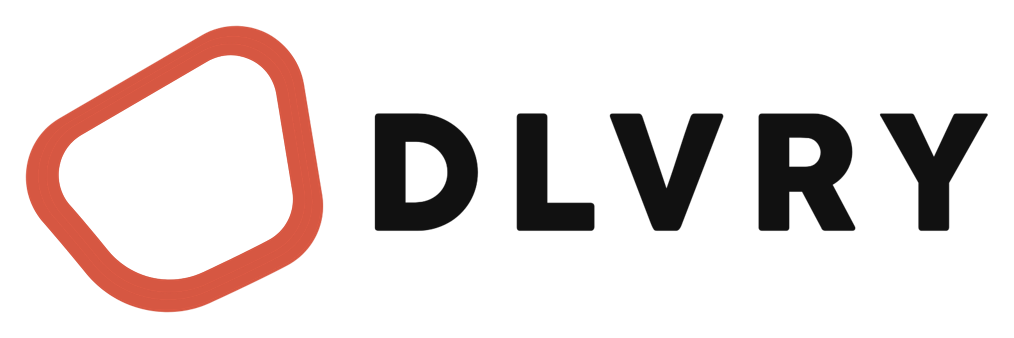Streamlining Success: The Importance of a Structured Sourcing Tool for Buyers in the Food and Beverage Industry














Benefits of Using a Sourcing Tool
Centralized Supplier Management and Streamlined RFx Processes
A structured sourcing tool provides a centralized platform for managing supplier relationships. Buyers can efficiently track supplier information, including contact details, performance metrics, certifications, and compliance records. This centralized repository enables quick access to supplier data, streamlines communication, and facilitates collaboration across departments. Having all supplier-related information readily available in one place enhances transparency, simplifies decision-making, and enables buyers to build strong and mutually beneficial partnerships with their suppliers. Request for Proposal (RFP), Request for Quotation (RFQ), and Request for Information (RFI) processes are critical for effective supplier evaluation and selection. A structured sourcing tool automates these processes, eliminating manual efforts and reducing administrative burdens. Buyers can create standardized templates, issue RFx requests electronically, and manage responses in a centralized system. The tool facilitates efficient evaluation, scoring, and comparison of supplier proposals, ensuring a fair and objective selection process. Streamlining RFx processes saves time, enhances accuracy, and enables buyers to make data-driven decisions that align with their business objectives.
Improved Supplier Collaboration, Data-Driven Decision Making and Enhanced Compliance
Effective collaboration with suppliers is essential for achieving mutually beneficial outcomes. A structured sourcing tool provides features that facilitate seamless collaboration between buyers and suppliers. It enables secure communication channels, document sharing, and real-time updates. Buyers can engage suppliers in discussions, share specifications, and clarify requirements, ensuring a clear understanding of expectations. Enhanced collaboration minimizes miscommunication, strengthens relationships, and fosters a more efficient and productive supply chain. A structured sourcing tool empowers buyers with valuable insights and data analytics capabilities. Buyers can analyze supplier performance metrics, pricing trends, and market intelligence to make informed decisions. The tool offers reporting and dashboards that provide visibility into key metrics, such as supplier quality, delivery times, and pricing. With access to real-time data, buyers can identify opportunities for cost savings, negotiate better terms, and identify areas for improvement in their sourcing strategies. Data-driven decision making helps optimize procurement processes, drive efficiency, and maximize return on investment. Compliance with regulatory requirements and risk mitigation are critical aspects of sourcing in the food and beverage industry. A structured sourcing tool enables buyers to enforce compliance standards and manage risks effectively. The tool can track and monitor supplier certifications, audits, and adherence to ethical and sustainability standards. It provides alerts and notifications for expiration of certifications, ensuring timely renewals. Additionally, the tool can assess supplier risks, such as financial stability, geopolitical factors, or supply chain vulnerabilities. Enhanced compliance and risk management safeguard buyers against potential disruptions and ensure the integrity of their supply chains.
Conclusion
In the food and beverage industry, a structured sourcing tool is a valuable asset for buyers, enabling them to optimize supplier management, streamline RFx processes, foster collaboration, make data-driven decisions, and enhance compliance and risk management. Investing in a structured sourcing tool empowers buyers with the necessary tools and insights to drive efficiency, achieve cost savings, and build strong supplier partnerships. By adopting a structured sourcing approach, buyers in the food and beverage industry can navigate the complexities of procurement and position themselves for success in a competitive marketplace.





